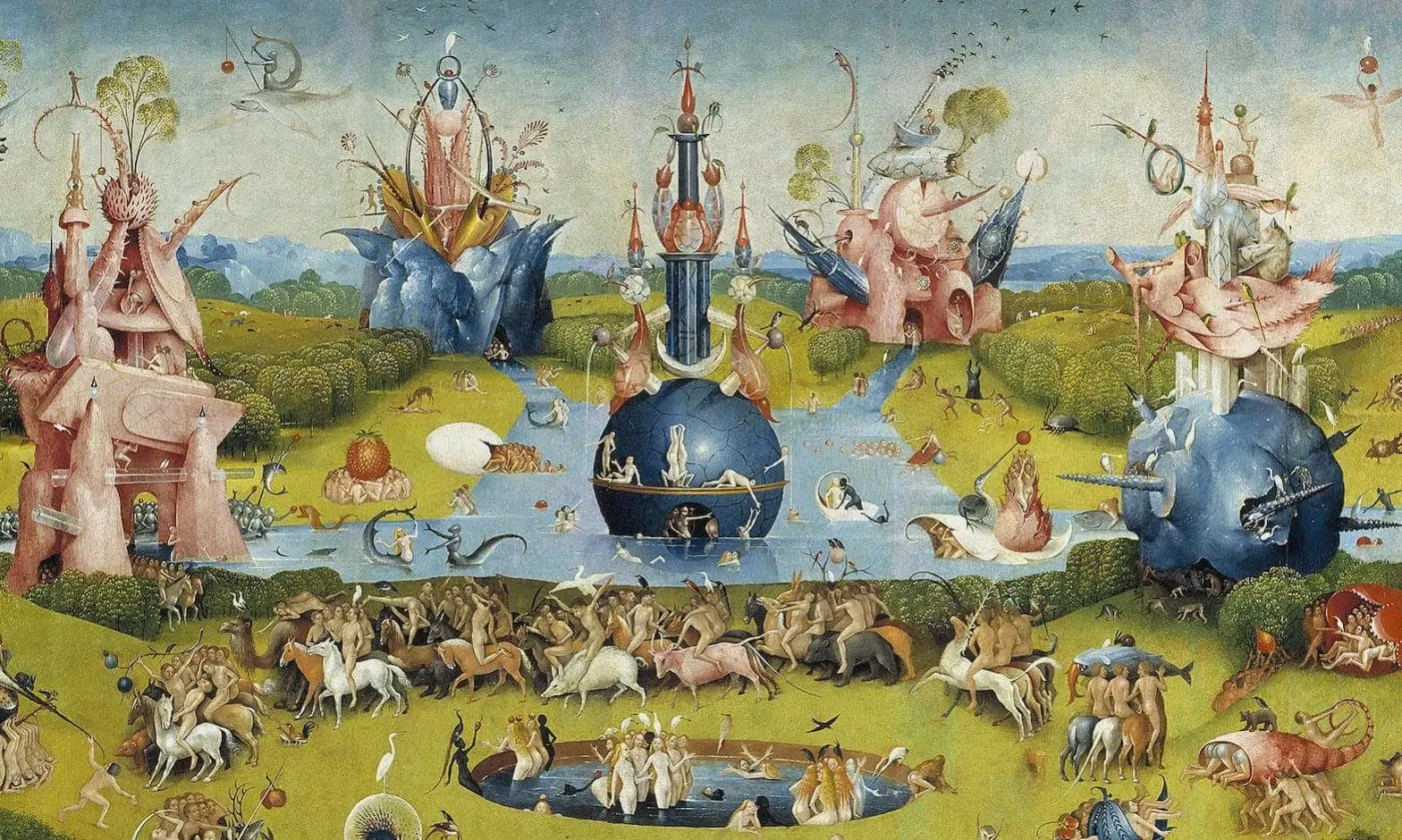(Screenshot from the video FOE 2035-2050 Army Futures Command) Once valid scenarios for the future are built, we still need to deliver them to policy-makers and decision-makers. We need to understand the various challenges implied by the communication of strategic foresight products, and among them all the biases and traps that may hinder this communication, …
Continue reading “Using Videos for Scenarios: The Future Operational Environment 2035-2050”











